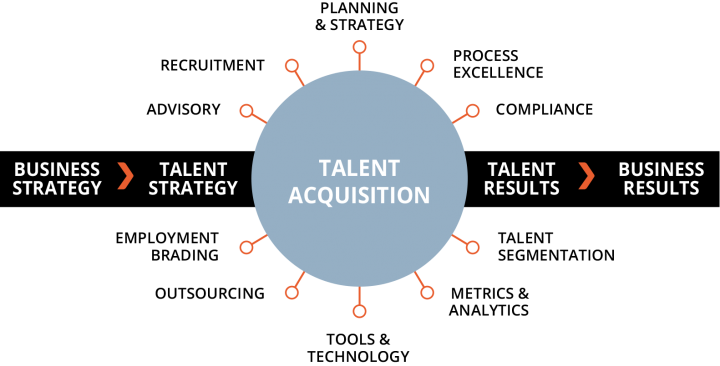Are you aware of how vital HR consulting is in an organization? It involves a systematic approach that helps companies streamline their HR processes and improve overall productivity.
This article highlights the crucial steps in HR consulting, creating an extensive platform to understand the process better.
Discovery
First things first, Discovery is the initial stage in HR consulting. Here, the consultant becomes familiar with the organization, its operations, policies, and work culture.
This phase is often characterized by a series of interviews and questionnaires used to gather as much information as possible about the organization.
So, how does this contribute significantly to the HR consulting process? However, tactical HR must come first, because it includes things that make it possible to hire, train, pay, and manage employees.
Remember: To effectively execute larger business goals, the whole culture must be aligned with them. And that requires HR insights and support.
In other words, having the HR department at the planning table – with a clear strategy in hand – is mission-critical.

Analysis and Solution
Once the consultant comprehends the organization’s operations, the next crucial step is the analysis and solution phase.
This involves identifying the weak areas that the organization needs to improve on, and subsequently, proposing solutions for the same.
The consultant heavily relies on the data collected during the discovery phase to perform the analysis.
What specific solutions may be proposed? It could range from changing HR policies, improving employee relations, implementing new HR systems, and more.
Recommendation
The third is the recommendation stage. After identifying the areas that need improvement and establishing suitable solutions, the consultant then suggests these changes to the organization.
Are these recommendations readily accepted? Well, not always. It requires a high level of diplomacy and excellent communication skills to convince the management to adopt these recommendations.
Remember, these proposed changes often have profound effects on the organization’s structure and operations.
Implementation
Lastly, comes the implementation phase. As crucial as the other steps, this phase requires diligent monitoring and evaluation to ensure that the recommendations are implemented correctly. It applies not only to policy changes but also extends to training and development programs introduced to employees.
Let’s paint a clearer picture. Suppose that a consultant identifies that the organization lacks an effective training program. To rectify this, they might recommend the introduction of a new training program.
However, this won’t just stop at the recommendation stage. The consultant also has to assure that the staff is well-equipped to proceed with these changes.
Suggested Article – What Is HR Consulting? Definition, Skills, and Career Guide
Following Steps
In summary, HR consulting involves a careful and systematic approach, beginning from discovery to implementation. Each stage is crucial and requires an in-depth understanding of not only HR but also strategic management and organizational behavior.
Related yet slightly unrelated, don’t you agree that effective HR consulting has a profound impact on an organization’s performance and productivity?







